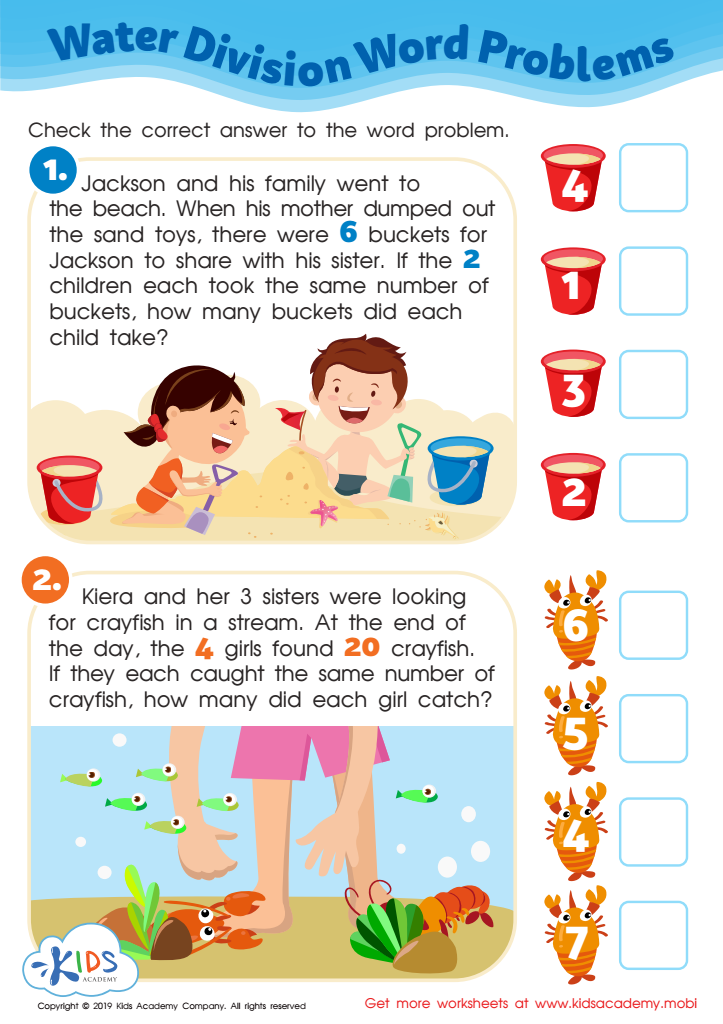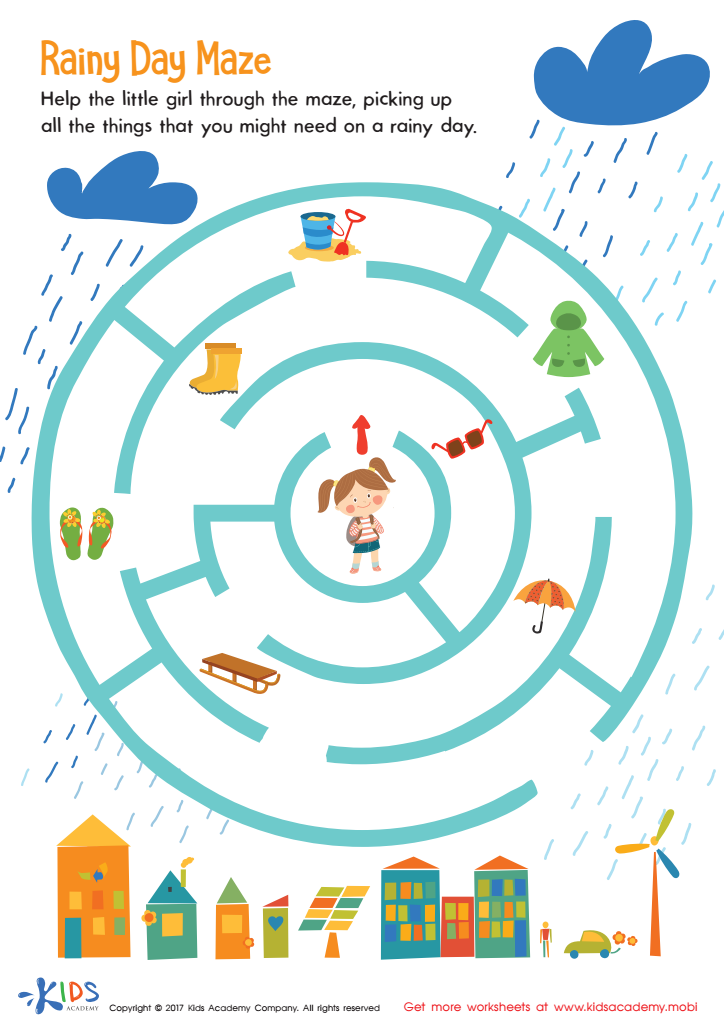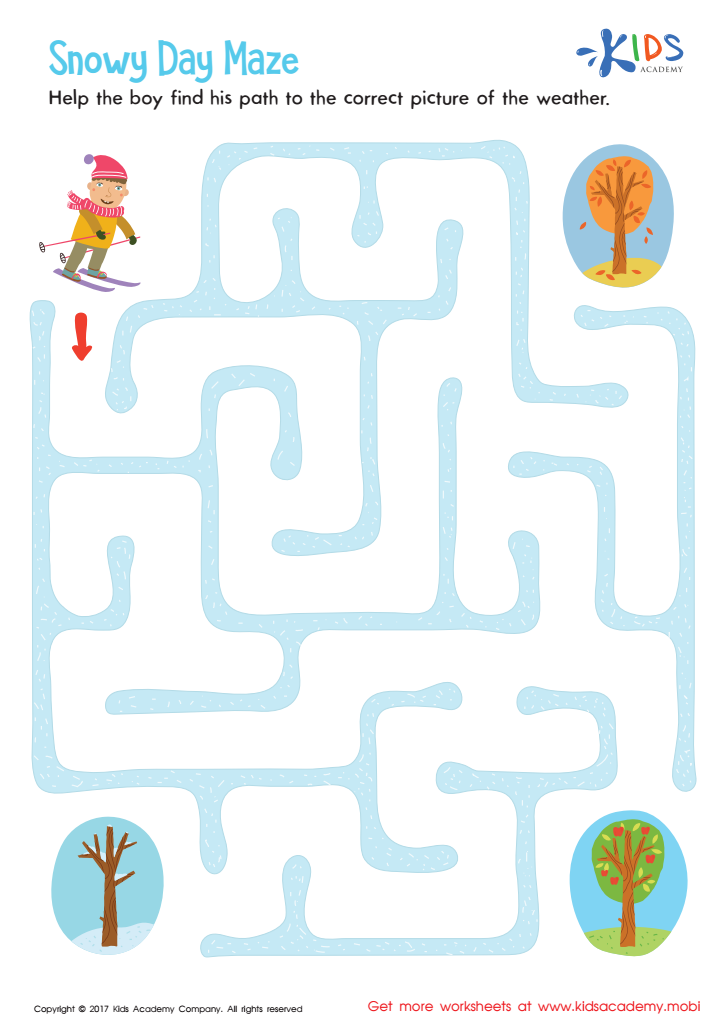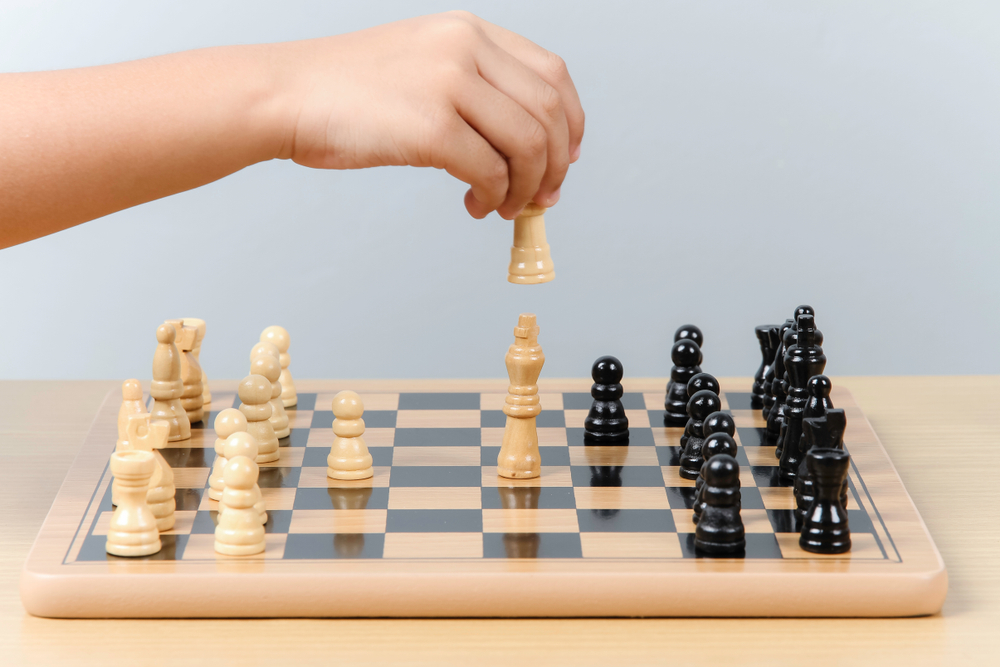Problem-Solving Skills Science Worksheets for 3-Year-Olds
3 filtered results
-
From - To
Enhance your child's problem-solving abilities with our engaging Science Worksheets designed specifically for 3-year-olds. These thoughtfully crafted activities encourage young learners to explore, investigate, and think critically. Parents and educators can use these worksheets to introduce foundational concepts in science while fostering essential problem-solving skills. From identifying patterns to solving simple puzzles, each worksheet promotes hands-on learning and cognitive development. As children navigate these fun challenges, they build confidence in their analytical abilities and prepare for more complex reasoning tasks. Dive into a world of discovery and watch your little ones thrive with our delightful problem-solving science resources!


Water Division Word Problems Worksheet


Rainy Day Maze Worksheet
Problem-solving skills are essential for children’s overall development, especially for 3-year-olds, as they lay the foundation for critical thinking, creativity, and independence. At this age, children are naturally curious, seeking to understand the world around them. By engaging in problem-solving activities, parents and teachers encourage cognitive growth, enabling children to learn how to analyze situations, identify challenges, and devise solutions.
Incorporating science into these activities not only enhances problem-solving skills but also nurtures an early interest in exploration and inquiry. For instance, simple science experiments or nature-based activities allow children to experiment, make predictions, and observe outcomes. This hands-on learning fosters a sense of achievement and boosts their self-confidence.
Moreover, if parents and teachers prioritize problem-solving in science, they can promote social skills such as teamwork and communication, as children often work together to solve challenges. This builds a strong foundation for collaboration with peers later in life.
Ultimately, strong problem-solving skills equip young children with the tools needed for lifelong learning. By nurturing these abilities early on, we prepare them for future academic success and instill a love for discovery, ensuring they’re better equipped to navigate complex situations in adulthood.

 Assign to My Students
Assign to My Students















